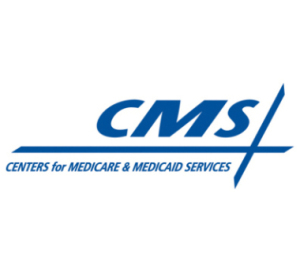by
Brendon Nafziger, DOTmed News Associate Editor | March 11, 2013
The Centers for Medicare and Medicaid Services said Thursday it will now let local Medicare contractors decide whether to cover newly released PET radiotracers used to detect cancer, reversing a long-standing national non-coverage policy for the drugs.
The move, explained in a decision memo, means local Medicare Administrative Contractors can decide to pay for new PET drugs used for oncologic imaging once they get approved by the Food and Drug Administration.
Previously, CMS allowed coverage only for specific uses for several PET drugs, such as FDG and ammonia N-13; newly released drugs were automatically deemed non-coverable.



Ad Statistics
Times Displayed: 2839
Times Visited: 27 Fast-moving cardiac structures have a big impact on imaging. Fujifilm’s SCENARIA View premium performance CT brings solutions to address motion in Coronary CTA while delivering unique dose saving and workflow increasing benefits.
Notably, CMS' new ruling only extends to oncologic imaging agents. New PET agents for neurological or cardiac disease are still subject to the non-coverage decision, the CMS said, citing a lack of national guidelines for appropriate use of those agents.
The newest approved PET cancer drug, and one that could stand to benefit from the ruling, is C-11 choline, which is used to test men with prostate cancer that's returned after treatment. The FDA gave Mayo Clinic the go-ahead to produce and use the drug in September.
To get PET agents covered by MACs, companies that make the drug or providers that want to use it have to request coverage from the contractors. MACs can also develop the policy unprompted after conducting their own review.
The Medical Imaging & Technology Alliance, the manufacturers' lobby that initially filed the request with CMS, applauded the agency's decision but was let down that neurological and cardiac PET tracers were not included in the ruling.
"PET procedures inform medical decision making in the specialties of cardiology and neurology, as well as oncology," Gail Rodriguez, MITA's executive director, said in a statement. "We are disappointed that these applications were not included in the decision memorandum and believe that the consideration of coverage for PET tracers should be no different than for other items and services."
CMS noted that a separate decision would be forthcoming on coverage of a kind of neuorologic PET drug, beta amyloid tracers, used to help identify patients with Alzheimer's disease. Prospects look a bit grim for the decision, though, which is due this summer. In January,
a CMS advisory panel ruled there wasn't enough evidence to tell whether Amyvid, a beta amyloid drug made by Eli Lilly & Co., benefits patients.

